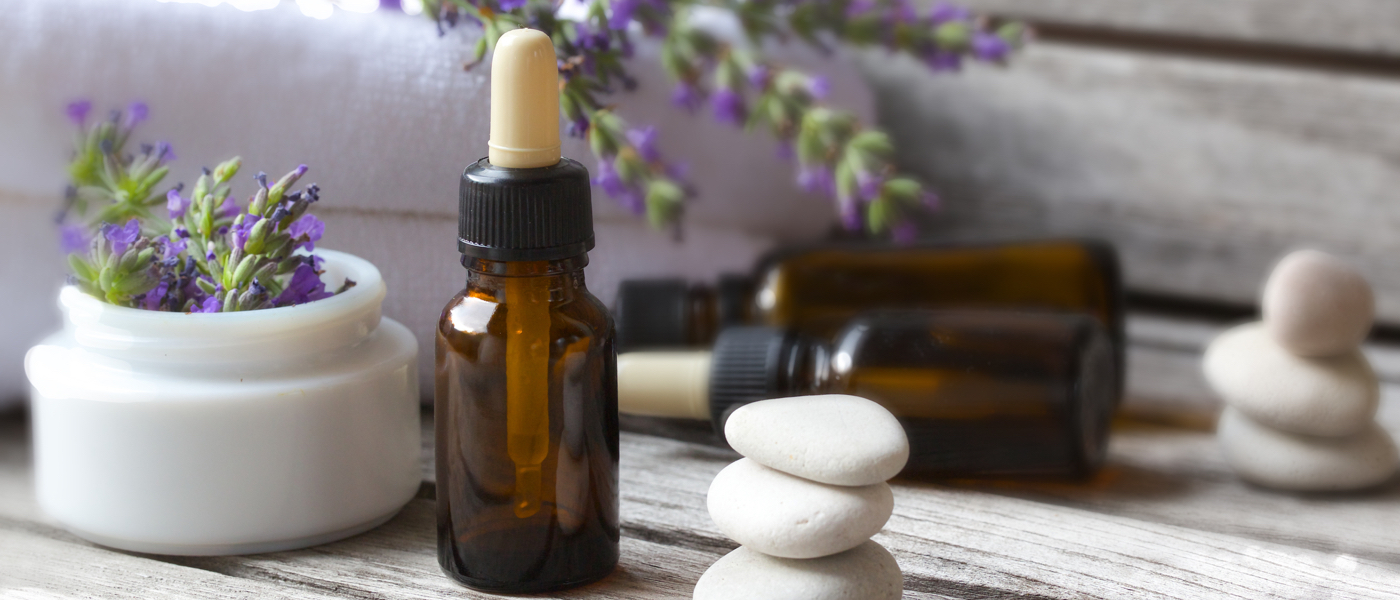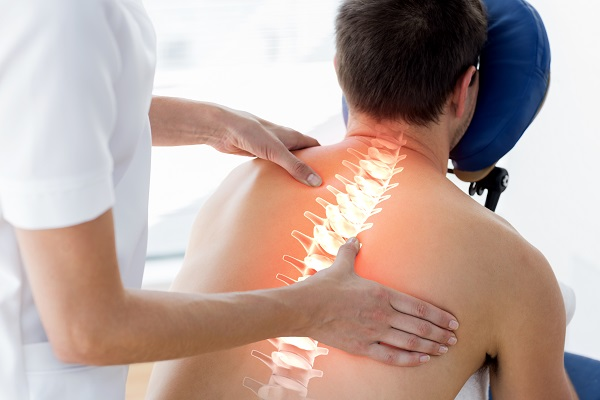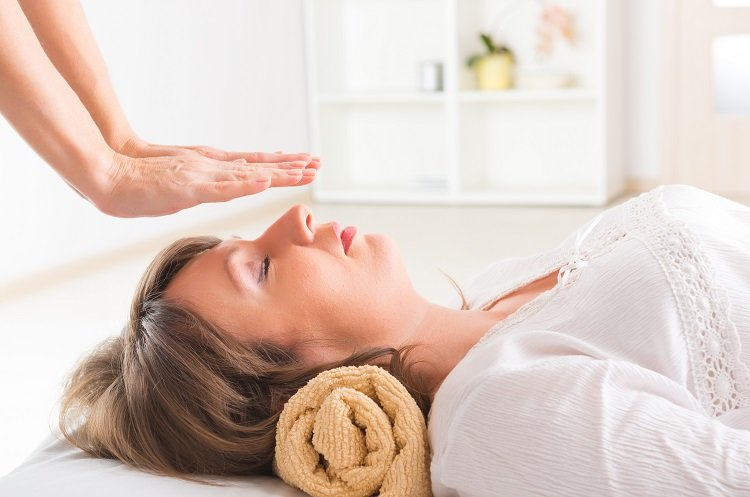Discover Your Perfect Healer Today!
Our online practitioner directory connects you with a wide range of healers to suit your unique needs.
Easily search and find the right professional to support your wellness journey.
Start exploring today to find your perfect match.
Modality
Disease
Books
Products
Events
Training
Blogs
Aromatherapy
Guide to Creating a Healing Aromatherapy Environment at Home
When it comes to your health, there is no better way than to improve it at home with essential oils through aromatherapy. This is true, ...
Read More → Written by
James Williams
Chiropractor
Chiropractic Costs: Understanding Financial Investment & Value
Chiropractic treatment is one of the prime ways to deal with back pain and other issues of musculoskeletal disorders; however, one needs to be prepared ...
Read More → Written by
James Williams
Physical Therapy
Fundamental Concepts and Techniques of Physical Therapy
It is the concept of physical therapy that involves the restoration of function, pain, and mobility through various techniques and core concepts. These are the ...
Read More → Written by
David Brown
Energy Specialist
Benefits of Integrating Energy Experts into Healthcare Teams
The idea of teamwork includes the incorporation of energy experts in healthcare structures that relatively improves the patient’s approach to treatment. Arguably, energy signifies the ...
Read More → Written by
David Brown
Herbal Medicine
Explore The Hidden Perils- Limitations of Herbal Drugs
Herbal drugs have become popular lately as a “natural” alternative to conventional medicine. However, even though many people view these remedies as being safe per ...
Read More → Written by
John Smith





